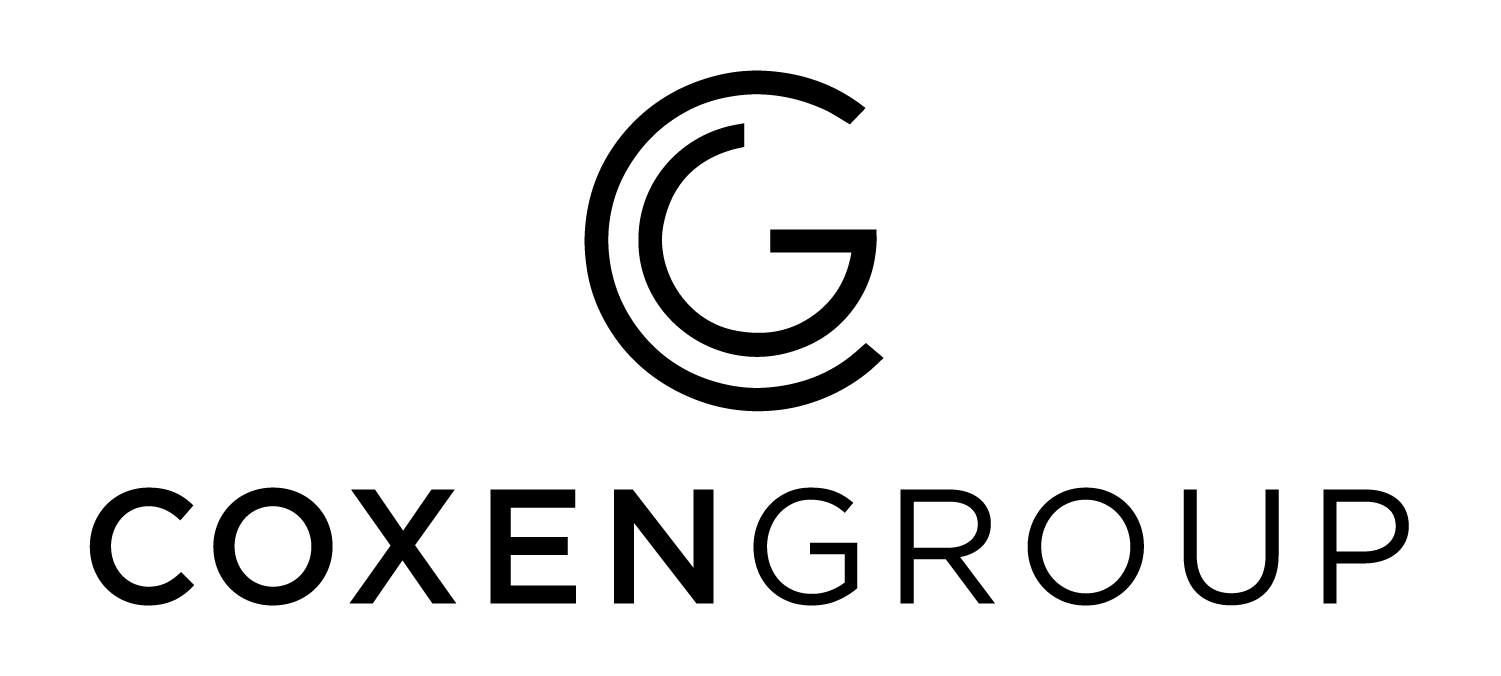Investing in Las Vegas Real Estate: Is Immediate Cash Flow Even Necessary?
A logical counter-argument
Are you considering investing in Las Vegas real estate or already have your foot in the door? Either way, the concept of cash flow might be at the forefront of your mind. But why is immediate cash flow so crucial in real estate investment? Is it really necessary for a property to cash flow right away to be considered a good investment? In this article, we'll delve into these questions and shed light on the importance of immediate cash flow in the realm of real estate investment.
Comparing Real Estate to Retirement Accounts
Let's start by drawing a parallel between real estate investment and retirement accounts. When you contribute to your retirement account each month, you don't expect it to immediately generate cash flow. The benefit of your retirement account is usually realized much later in life, often around age 65 or older. Yet, you continue to contribute consistently, trusting that your contributions will accumulate over time to provide you with a secure future.
Now, let's apply the same principle to real estate. If you find yourself in a situation where your property is generating a negative cash flow of, let's say, $250 a month, it's akin to investing that amount into a retirement account that doesn't provide immediate cash returns. However, there's a crucial distinction to make here – real estate has the potential to offer a diverse range of benefits beyond immediate cash flow.
The Multi-Faceted Benefits of Cash Flow
While it's true that immediate cash flow is an essential aspect of real estate investment, it's not the sole determining factor of a property's potential. When your property cash flows positively from the start, it ensures that the income generated from rents exceeds your expenses, including mortgage payments, maintenance, and other costs. This stability can significantly contribute to your financial peace of mind and increase your capacity to invest in more properties.
Equity Build-Up and Appreciation
One of the distinct advantages of investing in real estate is the concept of equity build-up. When your property is cash flowing positively, your tenants are effectively paying off a portion of your mortgage every month. This means that, over time, you're gradually increasing your ownership stake in the property without having to put in additional funds from your pocket. As the mortgage balance decreases, your equity in the property grows.
In addition to equity build-up, real estate historically appreciates in value over the long term. While short-term fluctuations are possible, the general trend tends to be upward. This means that as time goes on, your property's value would more than likely increase, thereby adding another layer of potential profitability to your investment.
Long-Term Asset and Financial Security
Think of your real estate investment as a long-term asset. Even if you're not experiencing substantial immediate cash flow, you're essentially putting money into an asset that will eventually be paid off entirely. This long-term approach to real estate investment can lead to financial security down the road.
Consider the example of putting $500 a month into a property that, over time, will become debt-free. While you might not see remarkable immediate gains, the certainty of owning a property outright in the future holds undeniable value. This level of certainty is not often present in other investment options, and it's one of the factors that make real estate a favorable choice for investors with a long-term mindset.
Tax Benefits of Real Estate Investing
In addition to immediate cash flow and long-term gains, real estate investing also comes with notable tax benefits. These benefits can help investors reduce their overall tax liability and enhance their returns. From deductions on mortgage interest and property taxes to depreciation allowances and 1031 exchanges, real estate offers a wide range of tax advantages that can further amplify the financial rewards of your investment journey. You don’t see these advantages in the stock market so much. It's essential to consult with a tax professional to fully understand and leverage these benefits for your specific situation.
In Conclusion
So, is immediate cash flow necessary for real estate to be considered a good investment? While it is undoubtedly important as it provides stability, enables further investment, and supports your financial well-being, it's crucial to remember that real estate investment offers a multifaceted approach to profitability. Equity build-up, property appreciation, tax benefits, refinance opportunities, and the security of a long-term asset are all aspects that can contribute to the overall success of your real estate endeavors.
If you're considering investing in Las Vegas real estate, prioritize properties that offer positive cash flow from the start, but don’t make it the only criteria that matters. This approach will help you build a solid foundation for your investment portfolio and pave the way for future financial growth. Remember, while immediate cash flow matters, the full potential of your real estate investment often unfolds over time, making it a rewarding journey for those who embrace its nuances.

